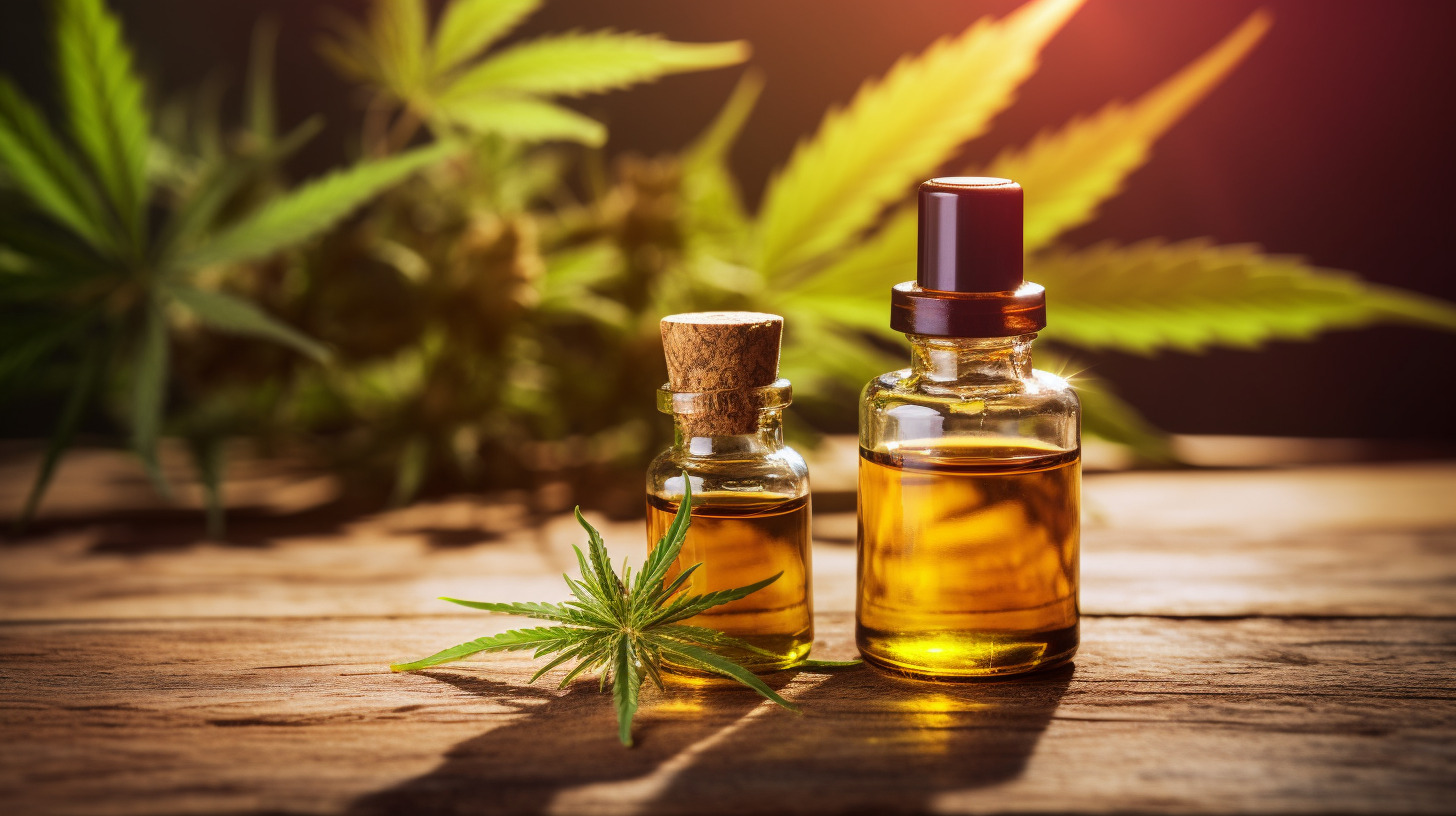
What Is CBG Oil?
If you’re looking for a comprehensive, natural solution to tackle inflammation and its debilitating effects, you’re in the right place. Welcome to the new era
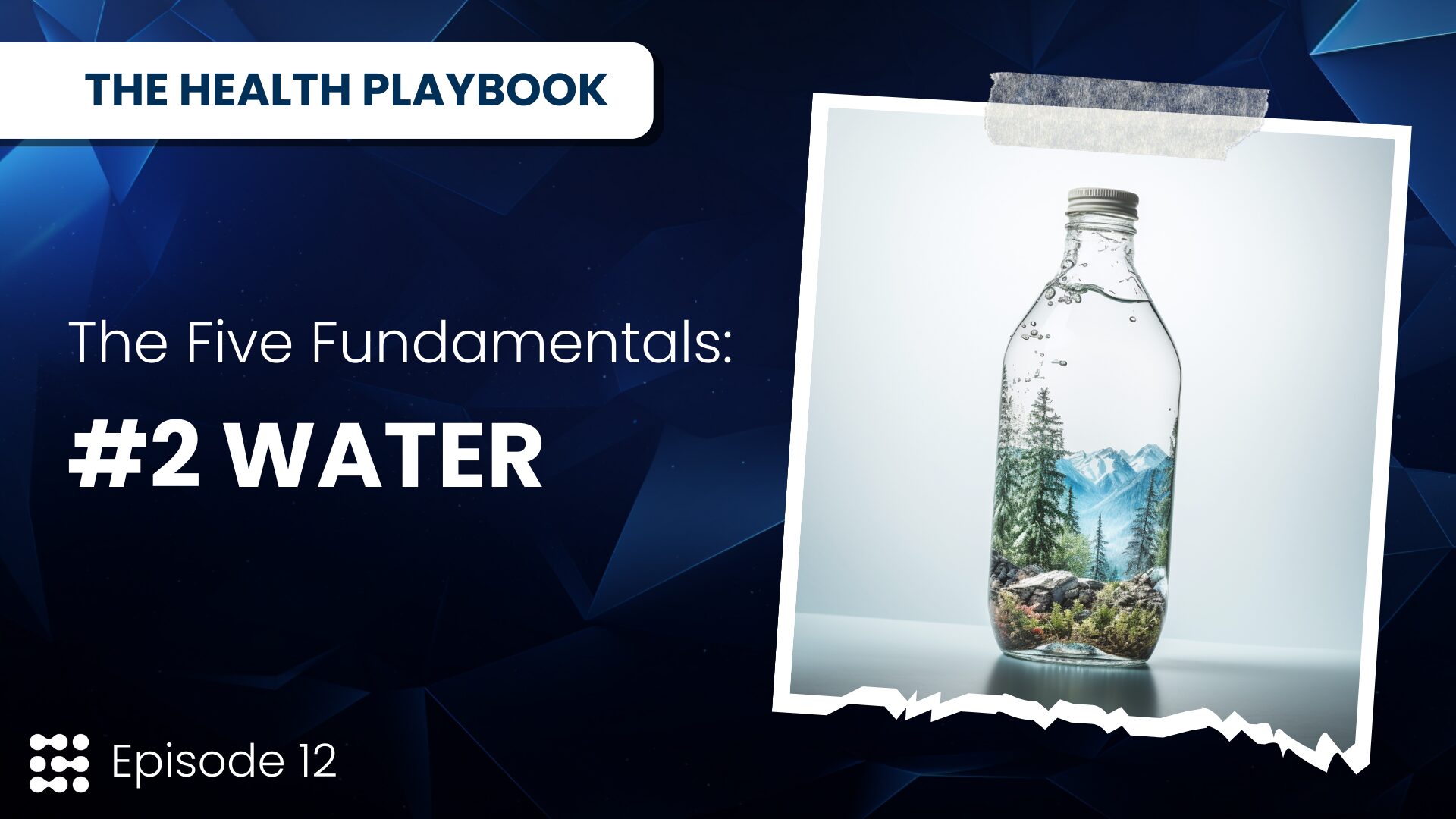
In Episode 12 of “The Five Fundamentals of Health,” we explore a crucial element of our daily lives: water.
This episode focuses on the fundamental role water plays in our health, diving into the science of hydration, the comparison between tap and spring water, and the critical signs of dehydration.
Understanding water’s impact on our bodies is key to maintaining overall health and wellness.
Hydration is a critical aspect of health that goes beyond simply drinking water.
It involves a complex balance of water and electrolytes within our body, each playing a vital role in our physiological functions.
This section of the podcast delves into the science behind hydration, its importance, and the consequences of imbalances, providing a comprehensive view of why hydration is more than just quenching thirst.
Hydration is the process of maintaining a balance of fluids and electrolytes in our bodies. It’s essential for various bodily functions, including temperature regulation, joint lubrication, and facilitating chemical reactions.
Proper hydration is not just about the quantity of water consumed but also about maintaining this delicate balance for optimal body function.
Electrolytes like magnesium, potassium, and calcium are crucial for effective hydration.
Balancing these electrolytes is as important as the water we drink, ensuring our bodies function optimally.
Drinking only distilled water can be surprisingly harmful.
Distilled water lacks essential minerals and electrolytes, which are crucial for maintaining hydration balance. This can lead to an imbalance in the body, causing various health issues, from minor discomforts to more serious complications, highlighting the need for a balanced approach to water consumption.
Understanding the differences between tap and spring water is crucial for making informed choices about our daily water consumption.
This section of the podcast delves into the treatment processes of tap water, the natural benefits of spring water, and the concept of living versus dead water, highlighting how these differences can impact our health.
Tap water goes through extensive treatment processes to make it safe for consumption. These processes often involve the addition of chemicals like chlorine for disinfection and fluoride for dental health.
However, the podcast points out that these treatments can also remove beneficial minerals and potentially introduce harmful substances.
Spring water is often preferred for its natural composition.
The natural benefits of spring water make it a favorable choice for many.
The concept of living versus dead water is a fascinating topic in the podcast.
Living water, like spring water, is characterized by its natural flow and mineral content. In contrast, dead water refers to tap water that has been treated and processed, potentially losing its natural vitality and benefits.
Dehydration, a common yet often neglected condition, poses significant health risks.
This section of the podcast emphasizes the importance of identifying early signs of dehydration, understanding its severe symptoms, and adopting practical hydration strategies.
Recognizing and preventing dehydration is not only about responding to thirst but involves a holistic approach to maintaining fluid balance in the body.
Dehydration manifests through various signs that are often overlooked. The podcast highlights thirst, reduced urination, dry mouth, and dry skin as common indicators.
These signs serve as early warnings, signaling the body’s need for water. Understanding and responding to these signs is crucial in preventing the progression of dehydration.
Dehydration can lead to more severe health issues if not addressed.
Recognizing these severe symptoms is essential for timely intervention and maintaining overall health.
Staying adequately hydrated requires more than just drinking water. The podcast suggests monitoring water intake, consuming water-rich foods, and being mindful of body signals.
It also emphasizes adjusting water consumption based on individual needs, such as during exercise or in different climates.
Incorporating effective hydration strategies into daily life is crucial for maintaining health. The podcast provides several practical tips:
These tips emphasize the importance of not just drinking water, but choosing the right type and maintaining a balance for optimal health and hydration.
For an in-depth exploration of the vital role of water in health, the podcast episode is a valuable resource.
It emphasizes the benefits of choosing the right type of water and maintaining proper hydration for overall well-being.
Listening to the episode provides deeper insights and practical advice for anyone looking to improve their hydration habits.
These statements have not been evaluated by the Food and Drug Administration. These products/services are not intended to diagnose, treat, cure, or prevent any disease.

If you’re looking for a comprehensive, natural solution to tackle inflammation and its debilitating effects, you’re in the right place. Welcome to the new era

The Invisible Enemy Within You wake up feeling groggy, your joints ache, and that old neck pain seems to have returned. No, it’s not just
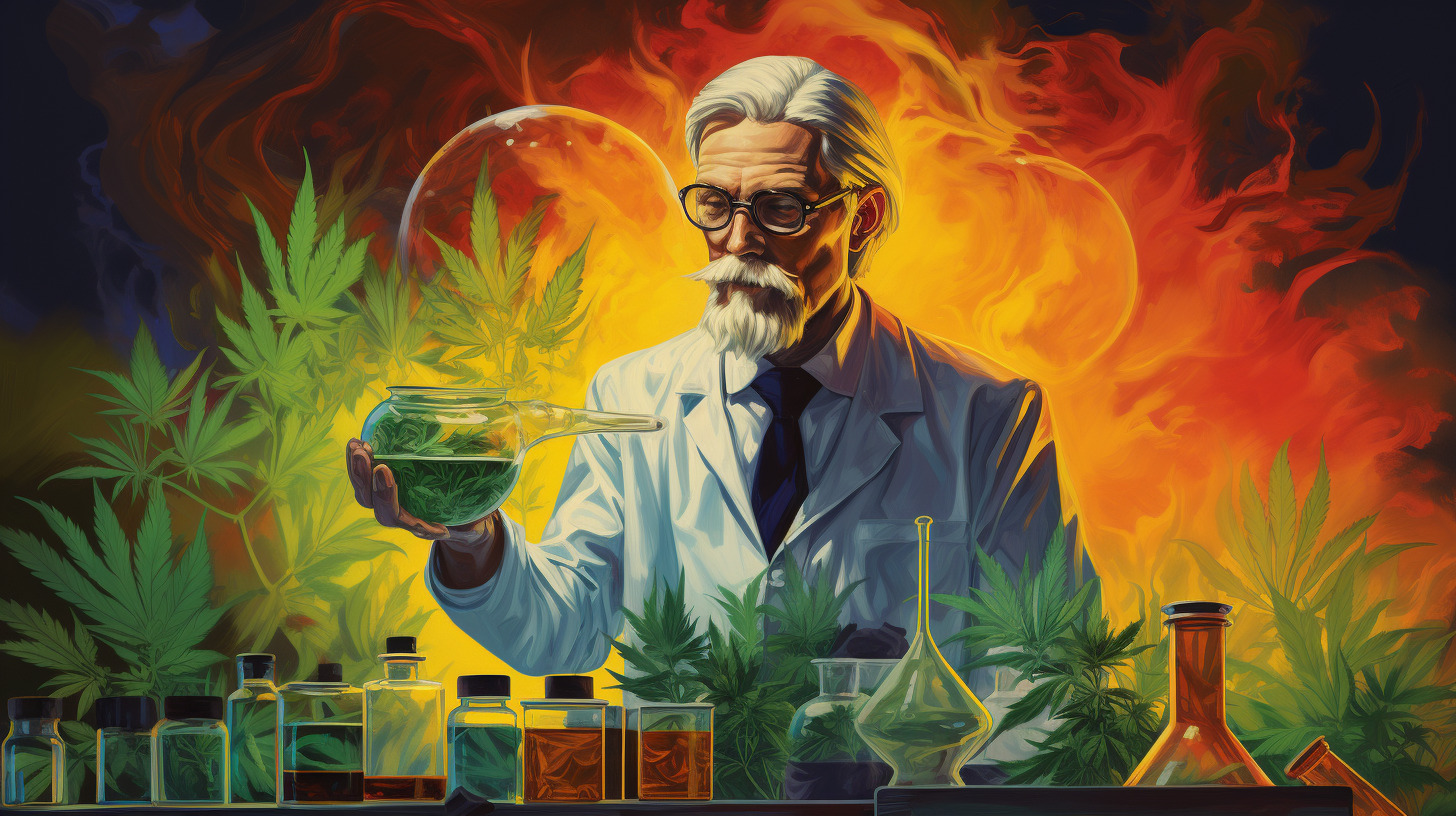
CBG oil has been creating waves in the health and wellness industry, and for good reasons. But with any health trend, it’s crucial to separate

In stock | Free shipping
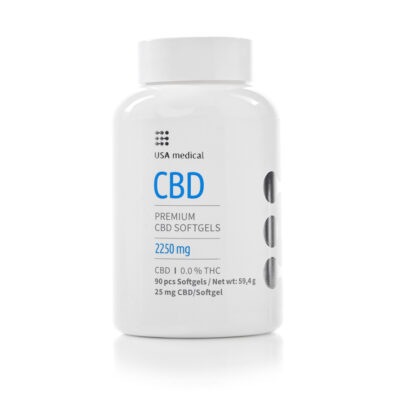
In stock | Free shipping

In stock | Free shipping

In stock | Free shipping

In stock | Free shipping

In stock | Free shipping
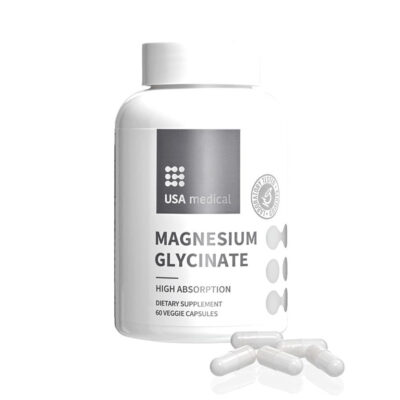
In stock | Free shipping

In stock | Free shipping

In stock | Free shipping

In stock | Free shipping

In stock | Free shipping

In stock | Free shipping

In stock | Free shipping

In stock | Free shipping
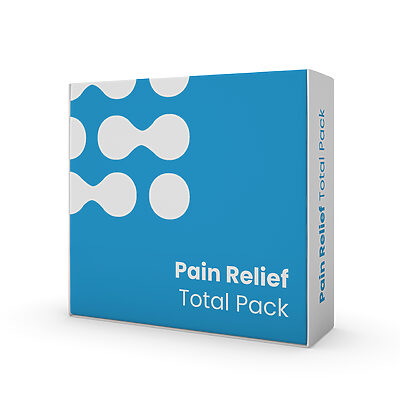
In stock | Free shipping